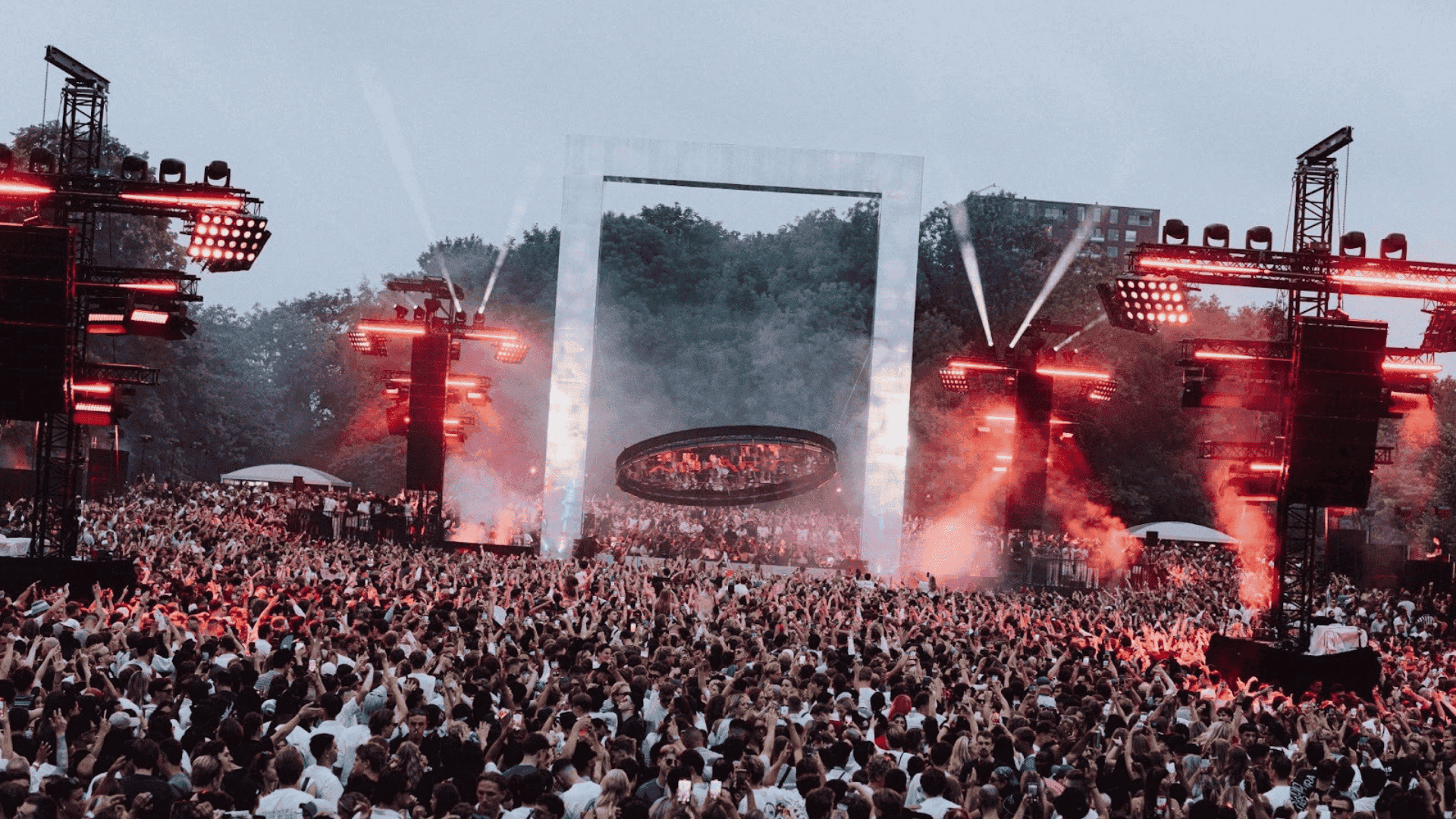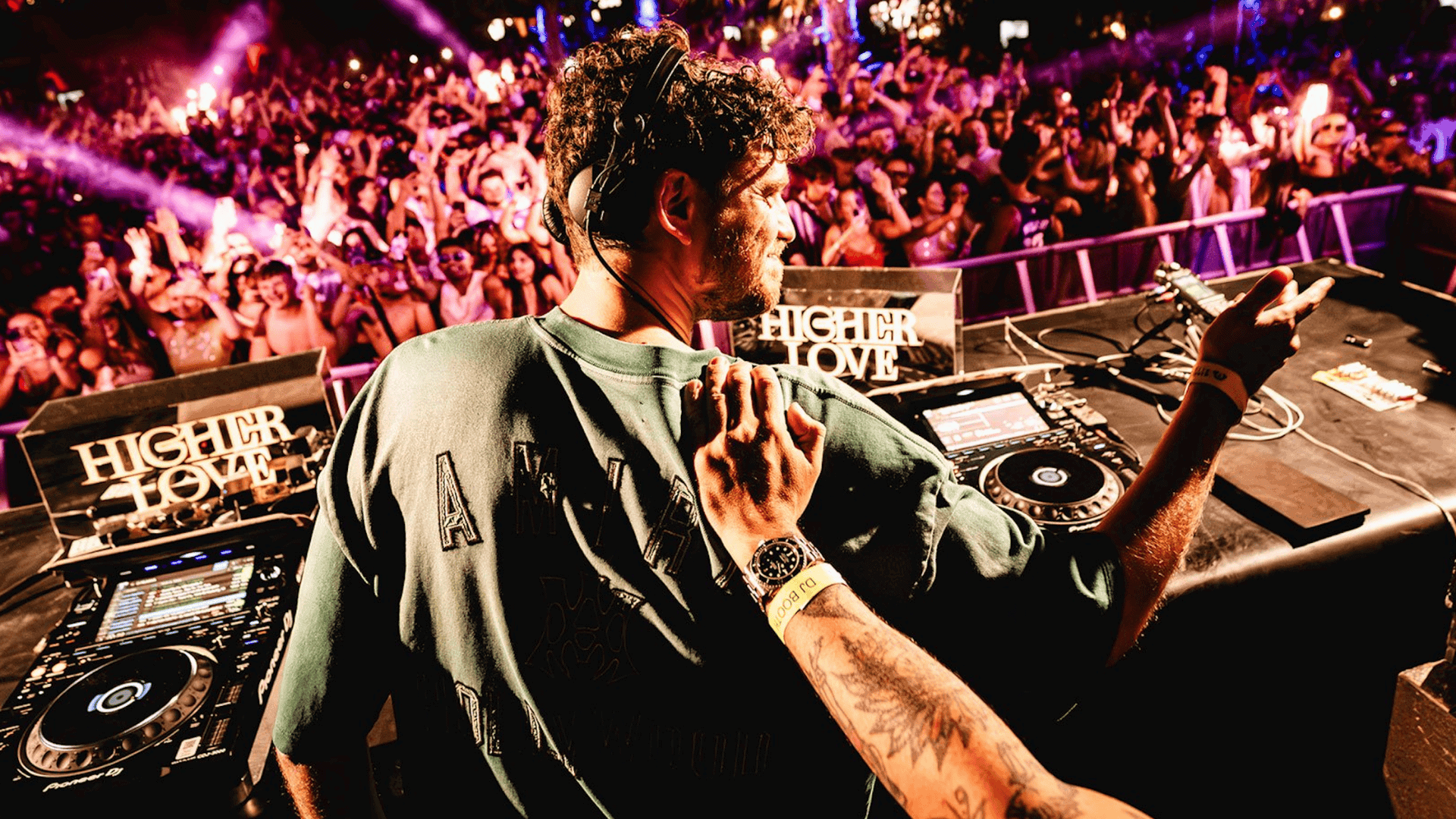29% of Artists Report Decrease in Gig Fees
PIRATE study reveals 29% of artists face gig fee decreases amid rising costs. Explore the challenges in music industry compensation and sustainability.

In an era where the music industry is continuously evolving, a recent study by PIRATE, a network of DJ, rehearsal, and recording studios, has shed light on a concerning trend: a significant portion of musicians are experiencing a decline in gig fees. This comprehensive survey, which gathered insights from 1,700 band members, solo artists, and DJs, paints a complex picture of the current state of live music economics.
The data reveals a startling reality: while 54% of artists report stagnant fees, a substantial 29% have witnessed a decrease in their compensation. This decline comes at a time when ticket prices are soaring, creating a puzzling disconnect between what audiences pay and what performers receive. Only a mere 17% of artists have seen an increase in their gig payments, highlighting a growing disparity in the industry.
Adding to this financial strain is the phenomenon dubbed “the cost of touring crisis” by The Guardian. An overwhelming 88% of artists surveyed have noticed a spike in touring and gigging expenses. This increase in operational costs, coupled with stagnant or declining fees, is putting unprecedented pressure on musicians, especially those in the early stages of their careers.
The implications of this trend are far-reaching. David Borrie, CEO and Co-Founder of PIRATE, warns of potential long-term consequences:
“If the cost-of-touring crisis isn’t addressed, we can expect to see a real impact on the industry at large, where the most exciting new acts are forced to stay at home.“
This statement underscores the risk of stifling innovation and diversity in the music scene if emerging talents are priced out of performing live.
The financial viability of touring is becoming increasingly questionable for many artists. A staggering 72% of those surveyed report making no profit from their tours, while 24% actually incur losses. Among those experiencing financial setbacks, 81% note that these losses significantly impact their overall income. These statistics highlight the precarious economic situation many musicians face, where passion for performance often comes at a personal financial cost.
Emerging DJ Urma provides insight into one of the root causes of this issue:
“One of the biggest obstacles to a decent fee is that no one speaks about what they’re paid, and people don’t know how to negotiate.“
This lack of transparency in fee structures creates an environment in which artists, especially newcomers, may unknowingly undervalue their work. Urma further observes,
“My understanding is that the bar to entry for DJing is lower than ever, but the bar to success, particularly financial success, is higher than ever.“
This dynamic creates a scenario ripe for potential exploitation, particularly affecting new and female talent who may lack the experience or industry connections to negotiate fair compensation.
The study also reveals a disconnect between rising ticket prices and the quality of the show experience. While 86% of artists have noticed an increase in gig ticket prices, they have little to no control over this aspect. Surprisingly, 71% of the surveyed artists believe that these higher ticket prices do not translate into an improved experience for fans. This raises questions about where the additional revenue from increased ticket prices is being allocated within the industry.
As the music industry continues to grapple with these challenges, it’s clear that a reevaluation of the current economic model for live performances is necessary. The sustainability of careers in music, particularly for emerging artists, depends on finding a balance between fair compensation for performers and maintaining accessible ticket prices for fans.
The findings of this study serve as a call to action for industry stakeholders to address these issues collaboratively. By fostering open discussions about compensation, developing more transparent fee structures, and finding ways to mitigate rising touring costs, the industry can work towards ensuring a vibrant and diverse music scene that supports artists at all stages of their careers.
As the conversation around fair compensation in the music industry continues to evolve, studies like this one by PIRATE play a crucial role in highlighting the challenges faced by artists and paving the way for potential solutions. The future of live music depends on creating an environment where artists can thrive financially while continuing to deliver memorable experiences to their audiences.
Story Source: Mixmag / Gemma Ross | Image Source: Alena Darmel




